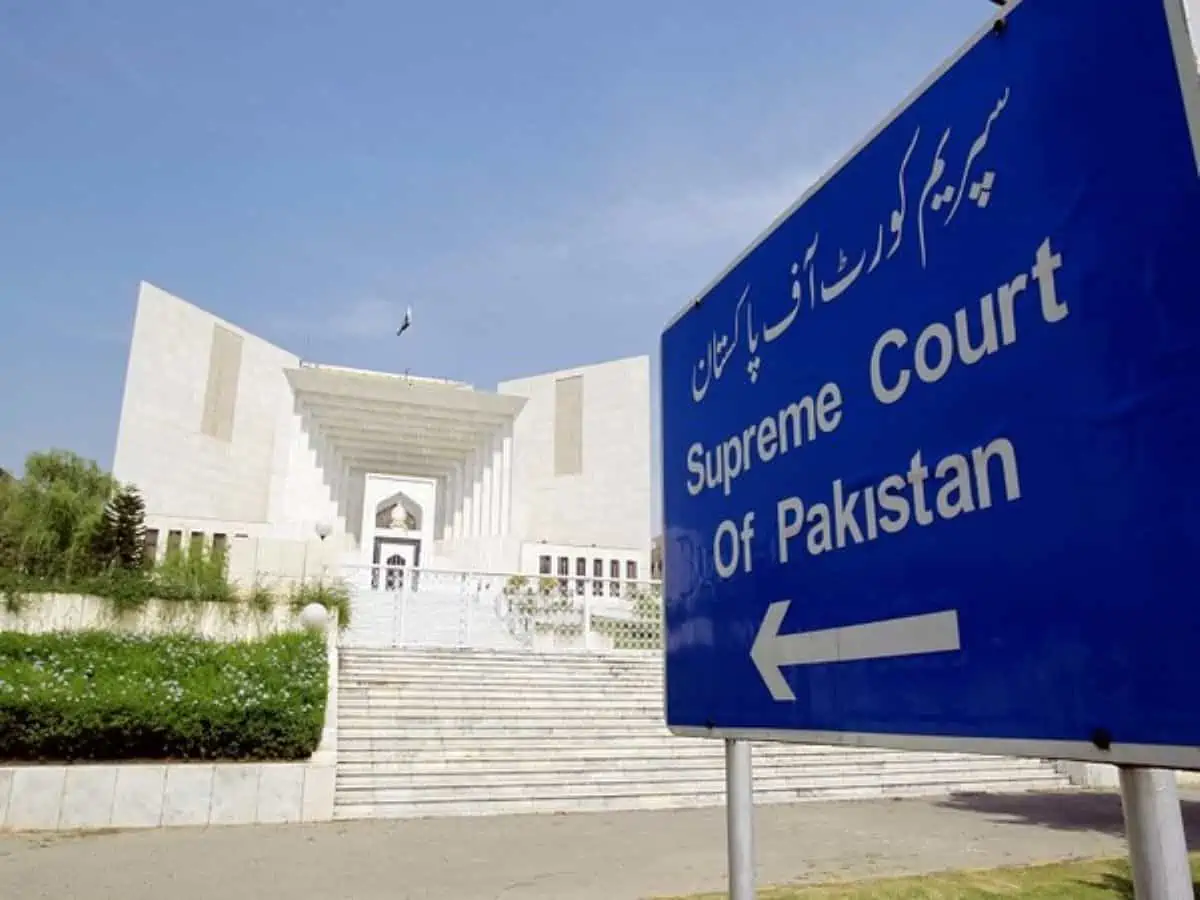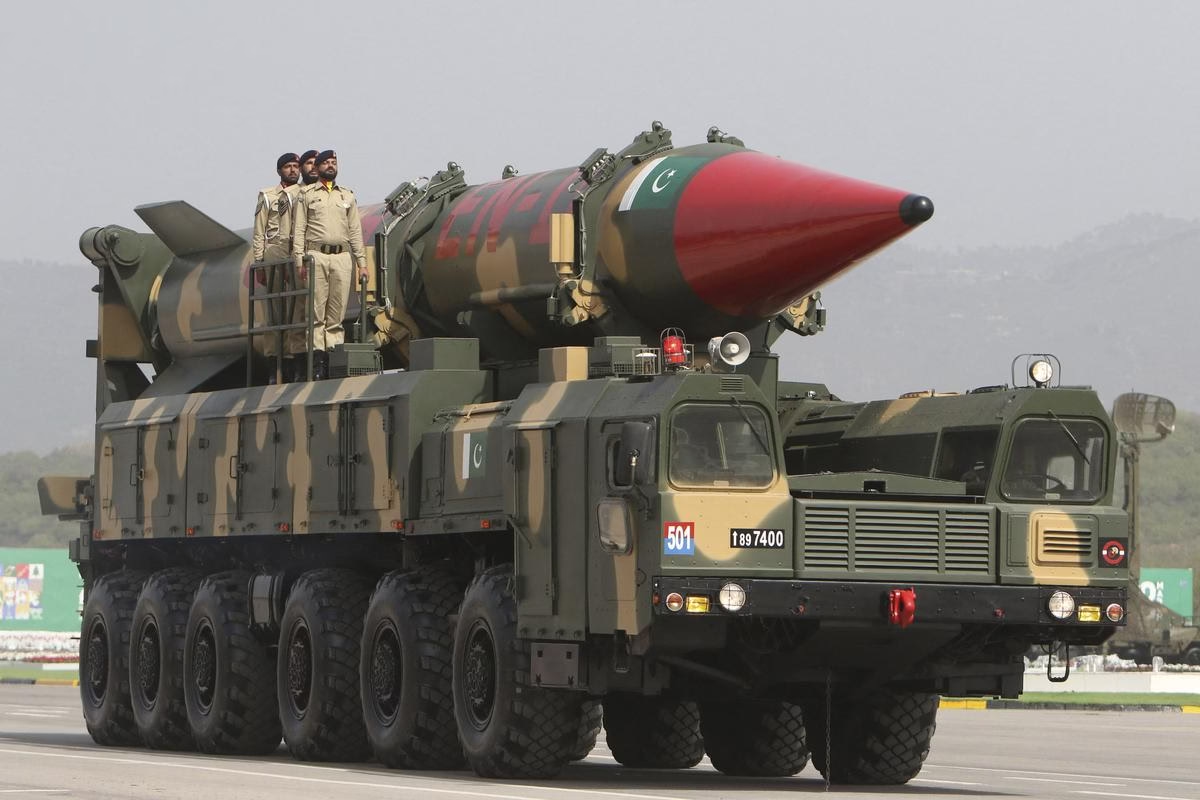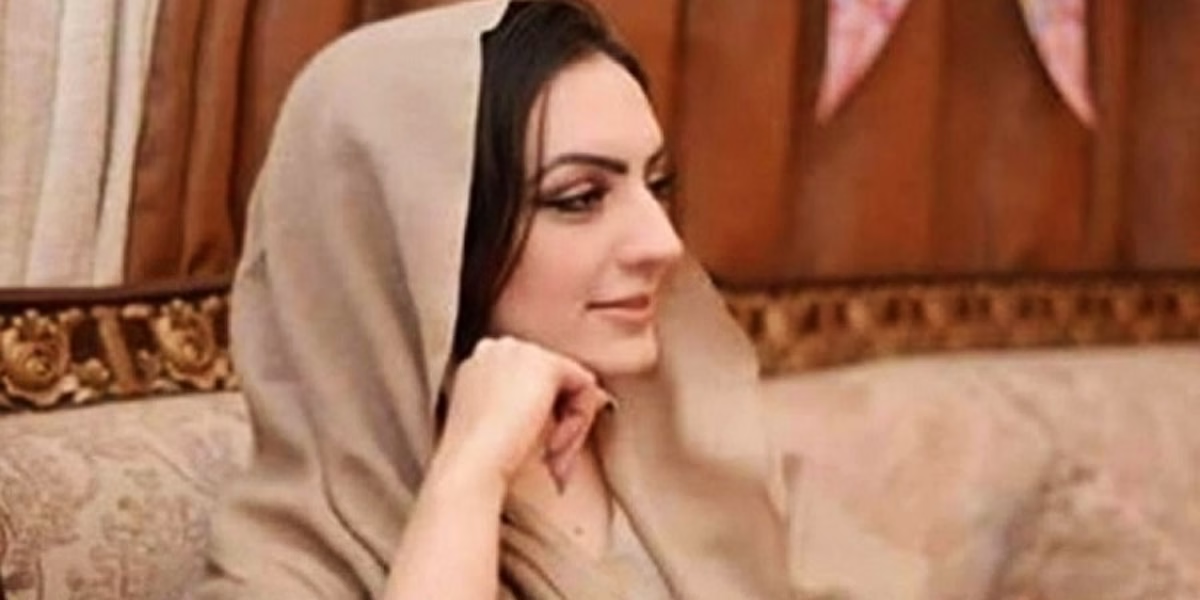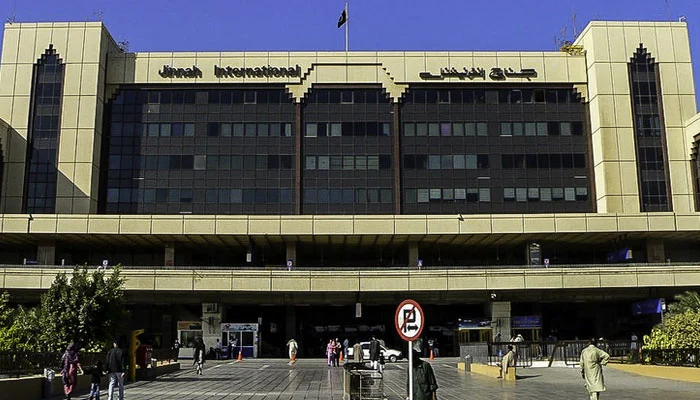On Tuesday, the Supreme Court reserved its verdict on a petition filed by the Sunni Ittehad Council (SIC) challenging the denial of allocation of reserved seats. Chief Justice Qazi Faez Isa addressed the attendees after the lawyers’ arguments, indicating that the timing of the decision’s announcement remains uncertain. “We [the bench members] would consult with each other on the time to announce the decision,” he stated.
A 13-member full court, led by Chief Justice Isa, heard the plea. The other judges on the bench include Justice Syed Mansoor Ali Shah, Justice Muneeb Akhtar, Justice Yahya Afridi, Justice Aminuddin Khan, Justice Jamal Khan Mandokhail, Justice Muhammad Ali Mazhar, Justice Ayesha A. Malik, Justice Athar Minallah, Justice Syed Hassan Azhar Rizvi, Justice Shahid Waheed, Justice Irfan Saadat Khan, and Justice Naeem Akhtar Afghan.
Today’s Proceedings
Faisal Siddiqui, counsel for SIC, presented his arguments, asserting that the Election Commission of Pakistan (ECP) had failed to fulfill its responsibilities. He emphasized that despite not participating in the elections or submitting a list of candidates for reserved seats, other parties like the Balochistan Awami Party (BAP) had been allocated reserved seats in 2018 despite not winning any.
Key Points of the Hearing
- Justice Mandokhail’s Inquiry: He questioned whether the ECP’s decision was constitutional. Advocate Siddiqui acknowledged that the ECP’s decision in 2018 was in accordance with the law but claimed that it was not fair.
- Justice Minallah’s Query: He asked if the ECP’s decision on BAP reserved seats had been challenged. Siddiqui responded that the ECP would have admitted a mistake if it had been brought to light.
- Justice Saadat’s Perspective: He noted the distinction between the current case and the BAP’s, pointing out that SIC did not participate in the elections.
- Chief Justice Isa’s Concern: He inquired whether the ECP’s interpretation was correct and if the court should take judicial notice of the 2018 election anomaly. He emphasized that the court would not consider the 2018 election while deciding SIC’s plea.
The Chief Justice highlighted the need to decide if reserved seats should be allocated to SIC or other parties or if the issue should be referred to parliament.
ECP and Political Parties’ Stance
The ECP maintains that SIC is not entitled to reserved seats, a stance also supported by PML-N, PPP, and JUI-F, who oppose SIC’s petition for reserved seats for women and minorities.
Justice Athar Minallah remarked that it is the judiciary’s responsibility to correct any unconstitutional steps taken by the ECP, questioning the ECP’s denial of rights to a political party.
The hearing on SIC’s plea concluded its eighth session, with the court now set to deliberate on the next steps.



